Re-elected President Erdogan renovates the Turkish government
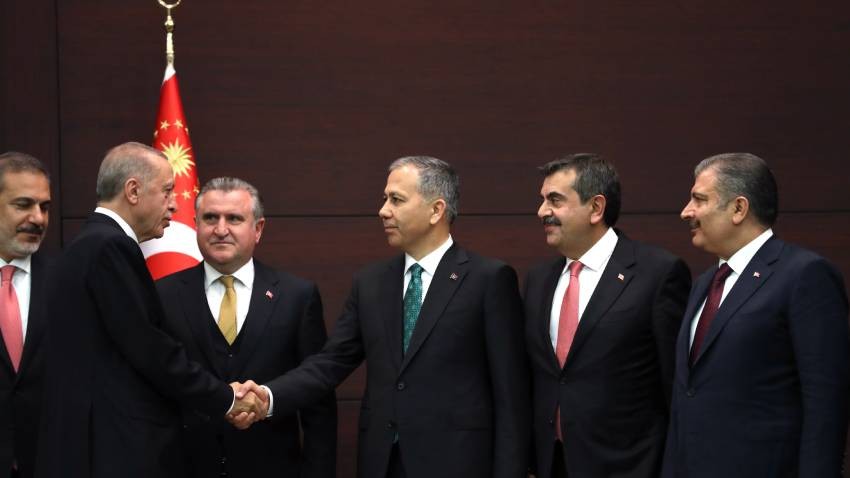
Turkish President Recep Erdogan presented his government as the "cabinet of the new century". Only Health Minister Fahrettin Koca and Culture and Tourism Minister Mehmet Nuri Ersoy kept their positions in the government. Intelligence chief Hakan Fidan has become Foreign Minister. Former presidential spokesman Ibrahim Kalin has become the new chief of the National Intelligence Agency. Mehmet Simsek returns to the position of finance minister. The new interior minister is Ali Yerlikaya, who previously served as the Governor of Istanbul. Former Chief of the General Staff of the Turkish Armed Forces Gen. Yaşar Güler becomes Minister of Defence. Mahinur Göktaş took office as Türkiye's new Minister of Family and Social Services. Hafize Erkan, a senior finance executive in the United States, now heads the Turkish Central Bank, the Anadolu Agency reports.
Sofia has asked Greece to patrol Bulgarian skies
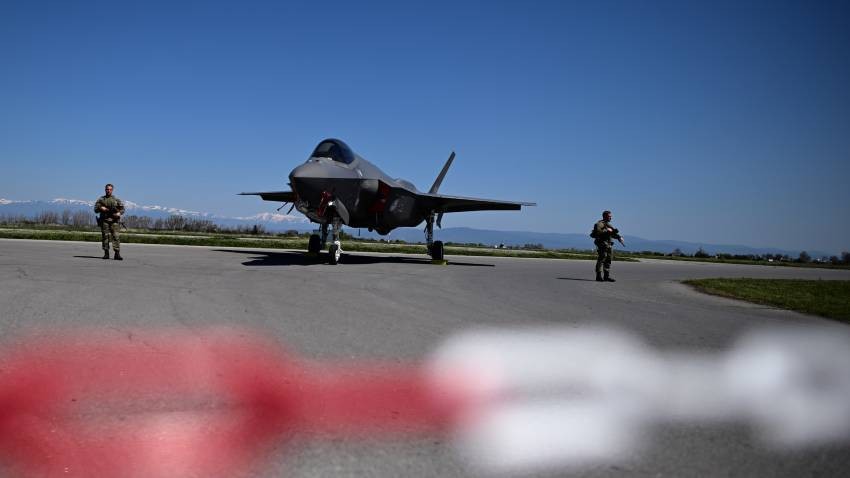
Bulgaria has asked Greece for planes to protect its airspace under the "NATO Air Policing" program, Kathimerini newspaper writes. The Greek Air Force, together with the Italian Air Force, already carries out similar missions over Albania, Montenegro and North Macedonia. The Bulgarian Ministry of Defense specified that patrolling is possible with the adopted decisions to guarantee security on NATO's eastern flank for an additional period. The Bulgarian Air Force will continue to fulfill its national commitments to be on duty in the NATO Integrated Air Defence System (NATINADS) and to protect the national and allied airspace. If necessary, tasks will be performed by Greek jets from Greek airports, the ministry added.
Early parliamentary election in Serbia expected by the end of the year
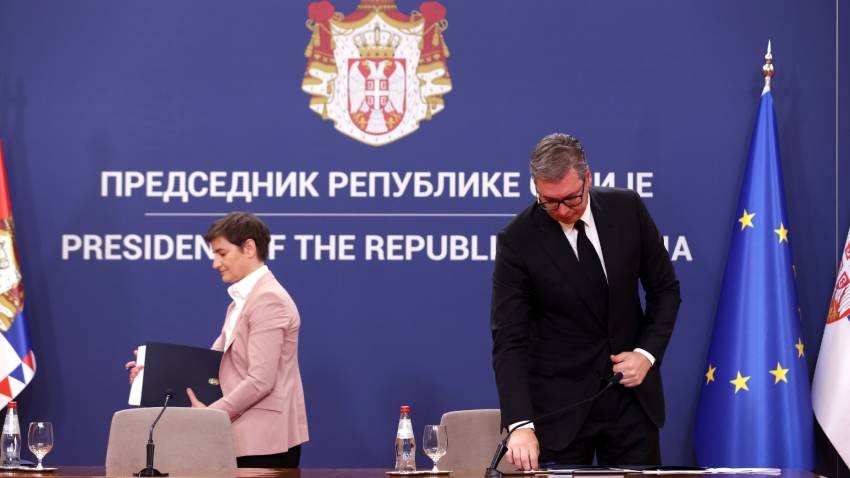
Serbian President Aleksandar Vucic and Prime Minister Ana Brnabic said there would be early elections in the country. Brnabic declared that her resignation was on the table and that the only way out of the crisis after the mass shootings in early May was going to elections, as the opposition, which holds mass protests in Belgrade every week, does not want to negotiate with the authorities. Vucic said that the street would not choose who would rule and that there would be no transitional government. He announced upcoming measures to improve the lives of citizens: a rise in salaries in the sphere of education and healthcare by 5% from September, and by another 10% from December; pensions will be increased by 5.5% from October, and from January by nearly 15%. "I will not hand over power without elections," Vucic was quoted as saying by the Večernje Novosti newspaper.
Tensions in Kosovo continue
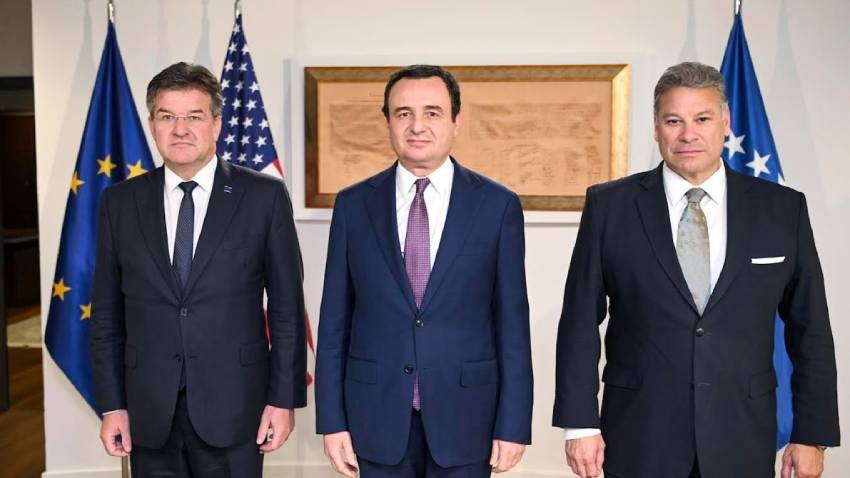
"I have not received an international ultimatum about the situation in the north," Kosovo Prime Minister Albin Kurti said, adding that things there cannot be resolved with pressure or threats, the Kossev portal reports. The statement comes after Kurti met with the European Union envoy for dialogue between Kosovo and Serbia, Miroslav Lajcak, and the U.S. envoy for the Western Balkans, Gabriel Escobar. After the meeting, the Albanian Post portal wrote that sanctions were being prepared against Kurti and Kosovo, due to the escalation and clashes after the attempt to install the formally elected Albanian mayors of the 4 municipalities predominantly inhabited by Serbs. Belgrade asked the US and the EU to hold new elections in Serbian-dominated municipalities. Without being authorized by anyone, Albanian Prime Minister Edi Rama surprisingly announced that he had submitted to the US and the EU a draft status of the Union of Serbian Municipalities in Kosovo.
VMRO-DPMNE is against constitutional amendments in North Macedonia
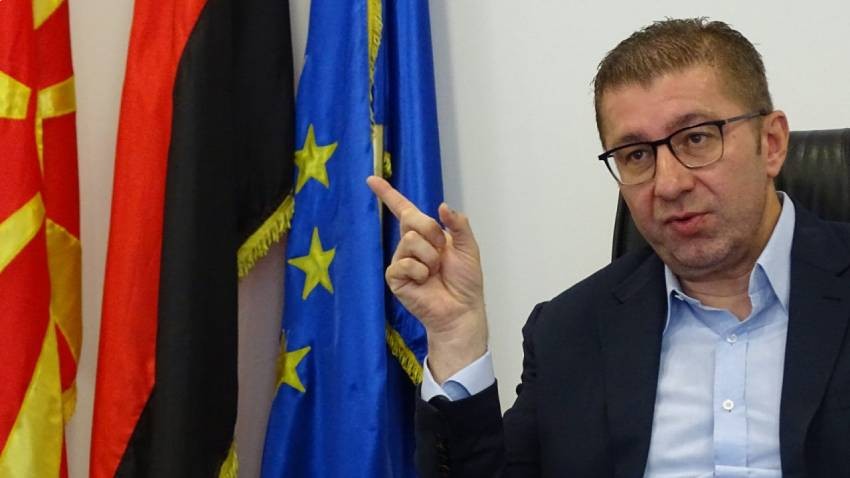
Frequent elections in Bulgaria are a negative factor for bilateral relations and the European perspective of North Macedonia, Foreign Minister Bujar Osmani told Telma TV. For 2.5 years, he has worked with 6 Bulgarian ministers, which did not allow him to build "relationships of personal and institutional trust", Osmani said. The meeting between the Prime Minister and leader of SDSM, Dimitar Kovacevski, with the leader of the main opposition force VMRO-DPMNE, Hristijan Mickoski, did not achieve a result. They did not agree to vote on changes to the constitution that would allow Bulgarians to be registered as an ethnic minority. The registration is a condition for starting accession negotiations between the EU and Skopje. VMRO-DPMNE is against the changes, which are feasible only with the support of the opposition.
Compiled by: Ivo Ivanov
English: Al. Markov
Photos:EPA/BGNES, kossev.info, balkaninsight.com
On this day 35 years ago, the authoritarian regime of communist dictator Todor Zhivkov collapsed. To mark the anniversary, the BGNES news agency carried out a survey of monuments to totalitarianism. The agency checked whether the monuments of the..
Residents and guests of the village of Kolena, Stara Zagora Municipality, gather for the Young Wine Festival. The event was celebrated for the first time in 2017, and a few years later the local teacher and winemaker Martin Slavov gave the..
The tallest Ferris wheel in Bulgaria will rise above Pleven , announced regional governor Nikolay Abrashev. It will be built in a multifunctional complex near the Kaylaka Park. "The project envisages the construction of a Ferris wheel with a..

+359 2 9336 661
